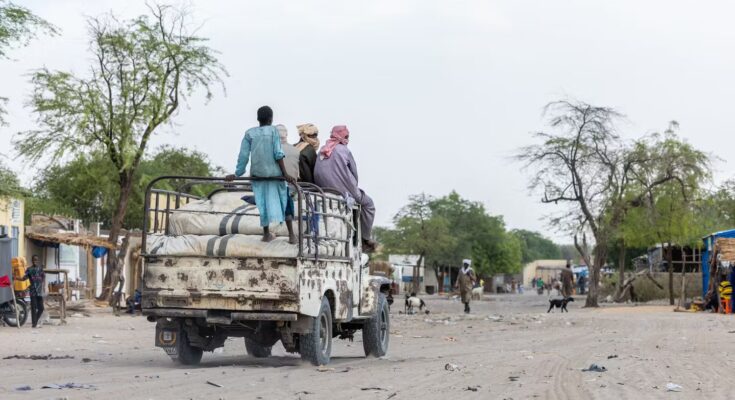UN Secretary General, Antonio Guterres, on Tuesday, November 18, called on Sahel countries to put aside their differences to face the explosive attacks of jihadist groups in this region in the grip of a humanitarian crisis. “Despite these differences, it is vital that we build a platform for cooperation between intelligence and security agencies” countries in the region, he said via videoconference to the UN Security Council.
He called for unity, in this regard, between the countries of ECOWAS (Economic Community of West African States), the Alliance of Sahel States (AES), formed by the ruling sovereign juntas of Mali, Niger and Burkina Faso, as well as Mauritania, Chad and Algeria.
The number of jihadist attacks in the Sahel has exploded in six years, from 1,900 in 2019, mainly concentrated on the border between Mali and Burkina Faso, to more than 5,500 in 2024 and 3,800 before October 10 2025, in a region now twice the size of Spain, according to an Agence France-Presse (AFP) analysis based on data from the organization ACLED. This violence left around 76,900 people dead.
“It is critical to rebuild trust between stakeholders in the West African region”replied Mali’s ambassador to the UN, Issa Konfourou, speaking on behalf of the AES countries. “We are therefore fully ready to cooperate with countries in the region and all partners who wish to do so.”he continued.
Last January, Mali, Burkina Faso and Niger, three countries led by armies that came to power in coups, left ECOWAS after forming AES to counter the jihadist threat. Al-Qaeda-affiliated factions (mainly the Support Group for Islam and Muslims, or JNIM, its Arabic acronym) and the Islamic State group (ISIS) are currently carrying out attacks across almost all of Mali and Burkina Faso, from western Niger and Nigeria to the Senegal border. JNIM has expanded its influence in Mali where it is currently leading a blockade on fuel supplies, strangling the country’s economy right down to its capital.
A climate of distrust that hinders regional cooperation
Addressing the Security Council, Omar Alieu Touray, president of the ECOWAS Commission, recalled this “trust is necessary for countries to collaborate in information and intelligence exchange, border patrols, and joint operations”. “Unfortunately, the situation in our region is characterized by distrust”he regretted while calling “the members of this Council and the international community to help us build trust”. The current ECOWAS President, Julius Maada Bio of Sierra Leone, called for a “agreement for peace and resilience in the Sahel” between its organizations, the United Nations and the African Union.
The region urgently needs international financial assistance, amounting to $4.9 billion for six humanitarian appeals by 2025, according to Antonio Guterres. “So far, less than a quarter of that amount has been collected”warned the UN Secretary General, regretting that Mali’s plans were only 16% financed.



